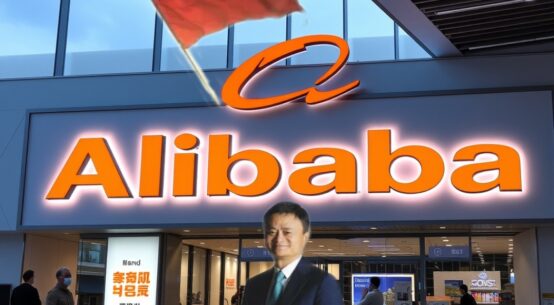Competition Law | World | Business
The ruling dismantles monopoly claims and illustrates the growing challenge of applying established antitrust doctrines to fluid, fast-moving markets.
Meta’s decisive courtroom win against the U.S. Federal Trade Commission (FTC) marks more than the end of a high-stakes legal battle. It signals a fundamental reshaping of how competition law interacts with fast-moving digital markets—and underscores the strategic calculations modern tech giants must make as they adapt to regulatory scrutiny worldwide.
A federal judge ruled that the FTC failed to prove Meta’s acquisitions of Instagram and WhatsApp constituted an ongoing illegal monopoly, rejecting arguments that the company maintained market dominance through a “buy-or-bury” strategy. For Meta, this outcome is a powerful validation of its long-term acquisition strategy. For regulators, it is a reminder that traditional antitrust tools are increasingly strained by the speed, scale, and global complexity of the digital economy.
A Case Shaped by a Rapidly Evolving Marketplace
The FTC’s case was built on the premise that Meta dominated a narrow category of “personal social networking”—a market definition that, according to the court, no longer reflects the real competitive dynamics of today’s digital platforms. Judge James E. Boasberg noted that rivals such as TikTok, YouTube, and X have dramatically shifted user behavior, eroding the boundaries the FTC relied upon.
In a key passage, Boasberg wrote that the agency failed to demonstrate Meta still possesses monopoly power, given the fluid nature of user preferences and platform competition. The finding highlights a central tension facing regulators: how do you measure market power in an industry where the “market” itself changes every few years?
A Strategic Win for Meta—and a Template for Big Tech
For Meta, the ruling affirms the strength of a business strategy built on integration and expansion. The acquisitions of Instagram and WhatsApp were part of a broader effort to create a unified ecosystem spanning messaging, social content, and digital communities. Meta argued this integration enhanced security, performance, and connectivity for billions of users—an argument the court ultimately accepted.
The ruling offers important lessons for global tech strategy:
1. Diversified Platform Ecosystems Are a Competitive Shield
Meta’s argument that it competes not only with American platforms but also Chinese giants like TikTok reflects the new reality: global competition can dilute claims of domestic monopoly.
2. Innovation and Constant Market Flux Weaken Antitrust Claims
In fast-changing markets, regulators must demonstrate not only past harm but ongoing dominance. That bar is high—and Meta succeeded in proving the landscape had evolved beyond the FTC’s framing.
3. A Strong Litigation Posture Is Now a Core Business Function
For modern tech giants, navigating global antitrust actions is no longer a legal risk on the margins—it is central to corporate strategy. Meta’s well-resourced legal defense shows how crucial sophisticated legal planning has become for companies operating across multiple jurisdictions.
What the Ruling Reveals About the Future of Tech Regulation
The FTC’s loss, while specific to U.S. law, has global implications.
The Limitations of Traditional Antitrust Theory
Competition regulators have historically operated under slow legislative and procedural timelines. But digital markets shift in months, not years. Meta’s case demonstrates the difficulty of applying decades-old antitrust frameworks to markets driven by network effects, rapid innovation cycles, and global competitors.
The Rise of International Regulatory Divergence
While the U.S. case fell apart, regulators in the EU and UK continue to push aggressive tech oversight strategies. The contrast creates an uneven global regulatory environment in which tech companies must navigate conflicting priorities—privacy, competition, interoperability, data sovereignty—with no unified global standard.
Growing Pressure for New Legal Tools
Meta’s victory will likely intensify calls for updated antitrust legislation that can better capture modern platform dynamics. Lawmakers may pursue broader definitions of digital markets, new presumptions against platform mergers, or more flexible standards for proving competitive harm.
A Strategic Inflection Point for Global Tech Governance
Meta’s win is undeniably significant—but it is not the end of regulatory scrutiny. The FTC immediately expressed disappointment and may pursue further action. Globally, governments are tightening laws governing privacy, data flows, digital competition, and AI.
The case ultimately underscores a broader truth: Big Tech strategy is now inseparable from global legal strategy. Companies that operate across continents must anticipate regulatory risks just as meticulously as product launches or market expansions.
Meta has demonstrated that an integrated, legally resilient business model can withstand even the most ambitious antitrust challenge. The question going forward is whether regulators will adapt their tools—or whether the next generation of tech giants will continue to redefine the limits of traditional competition law.






